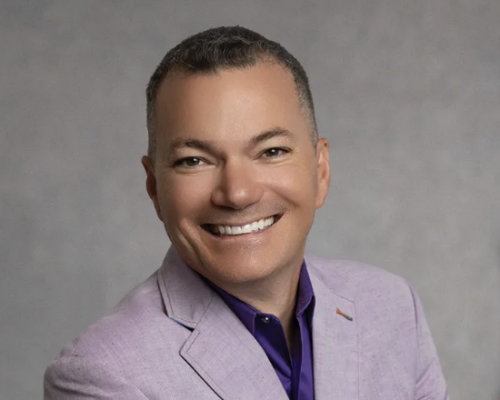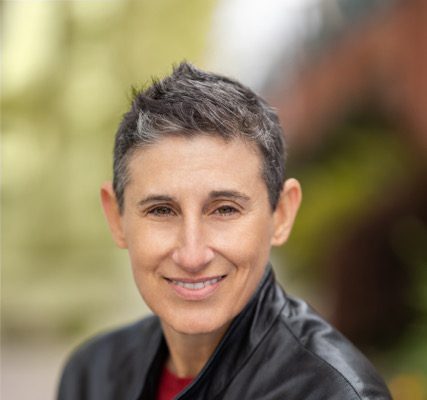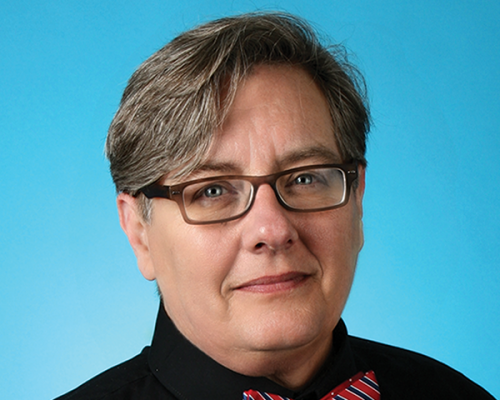by Joe Siegel
The newly published “Handbook of LGBT Tourism and Hospitality: A Guide for Business Practice,” authored by LGBT travel experts Jeff Guaracino and Ed Salvato, showcases emerging trends amongst LGBT travelers.
The handbook, which features interviews with nearly a hundred industry experts, is designed to help marketing professionals, business owners, and tourism and hospitality professionals compete in an increasingly competitive global LGBT travel and hospitality industry.
 LGBT travel is big business. Out Now Consulting, based in the Netherlands, predicted that the global potential value of the LGBT leisure travel market in 2015 would reach a record $200 billion. Of that total, LGBT travelers from the United States spent $52.3 billion per year.
LGBT travel is big business. Out Now Consulting, based in the Netherlands, predicted that the global potential value of the LGBT leisure travel market in 2015 would reach a record $200 billion. Of that total, LGBT travelers from the United States spent $52.3 billion per year.
According to Community Marketing and Insights, a San Francisco-based research and marketing firm, many LGBT people like to travel as part of their cultural identity. Although LGBT people make up only between 3 percent to 6 percent of the adult population, surveys show that they travel nearly twice as much as the average American.
Merryn Johns, the editor of Curve, a lesbian magazine which reaches 250,000 women via each print issue, advises that imagery and language are very important when it comes to targeting lesbian consumers. In addition, many lesbians are anti-consumerist and bring their political beliefs and concerns to all aspects of their lives.
Johns says the most important guideline is simple: talk to lesbian consumers, not about them or at them.
The meeting ground for LGBT people has shifted from the bar to the mobile phone, according to Alan Beck, an LGBT tourism and hospitality media expert specializing in advertising, sales, and publishing.
As a result, LGBT-owned businesses like bars and clubs have lost revenue. Lost revenues affect gay bars’ ability to advertise. New advertisers are casinos, the car industry, and the retail industry.
The book also explores the changing media landscape, including the evolution of LGBT media.
LGBT-specific media are not dying or completely dissolving into mainstream media. In fact, LGBT-specific content is expanding in new ways, presenting new opportunities for marketers and media buyers. Some of these include Passport magazine, one of several luxury LGBT travel print publications. Passport also features an online version and a mobile version, and it sponsors a consumer expo. Another example is Q. Digital which publishes Gay Cities, an online consumer-sourced travel guide.
“Handbook of LGBT Tourism and Hospitality” is published by Harrington Park Press. For more information, go to www.harringtonparkpress.com.
TOP STORY
Volume 18
Issue 12
 LGBT travel is big business. Out Now Consulting, based in the Netherlands, predicted that the global potential value of the LGBT leisure travel market in 2015 would reach a record $200 billion. Of that total, LGBT travelers from the United States spent $52.3 billion per year.
LGBT travel is big business. Out Now Consulting, based in the Netherlands, predicted that the global potential value of the LGBT leisure travel market in 2015 would reach a record $200 billion. Of that total, LGBT travelers from the United States spent $52.3 billion per year.






Comments
Thanks so much for writing about our book!